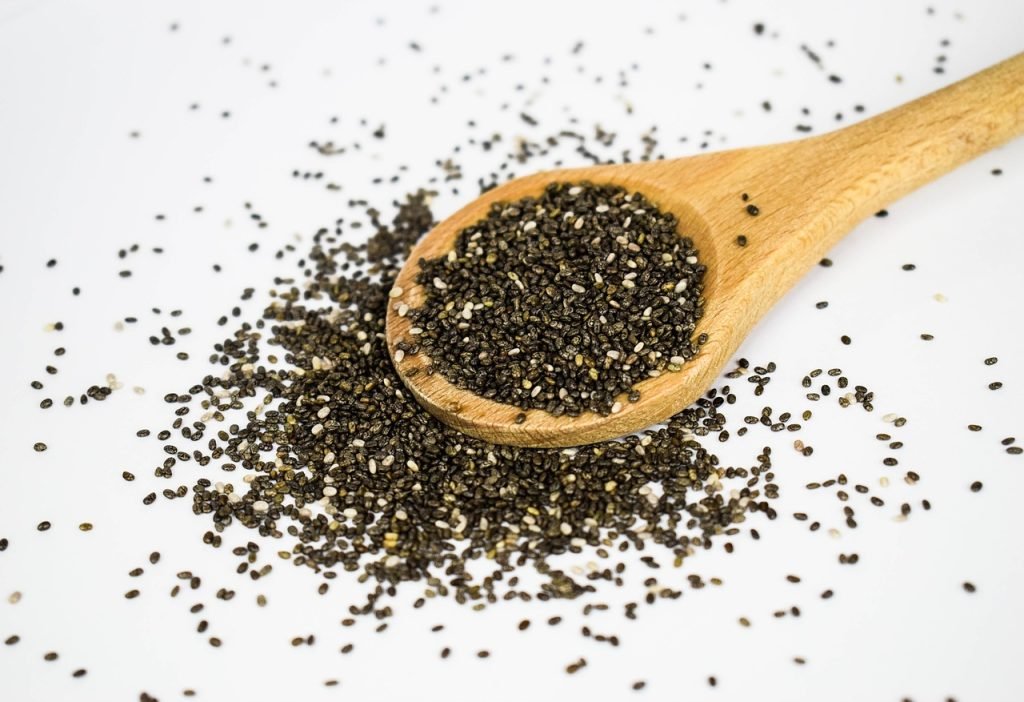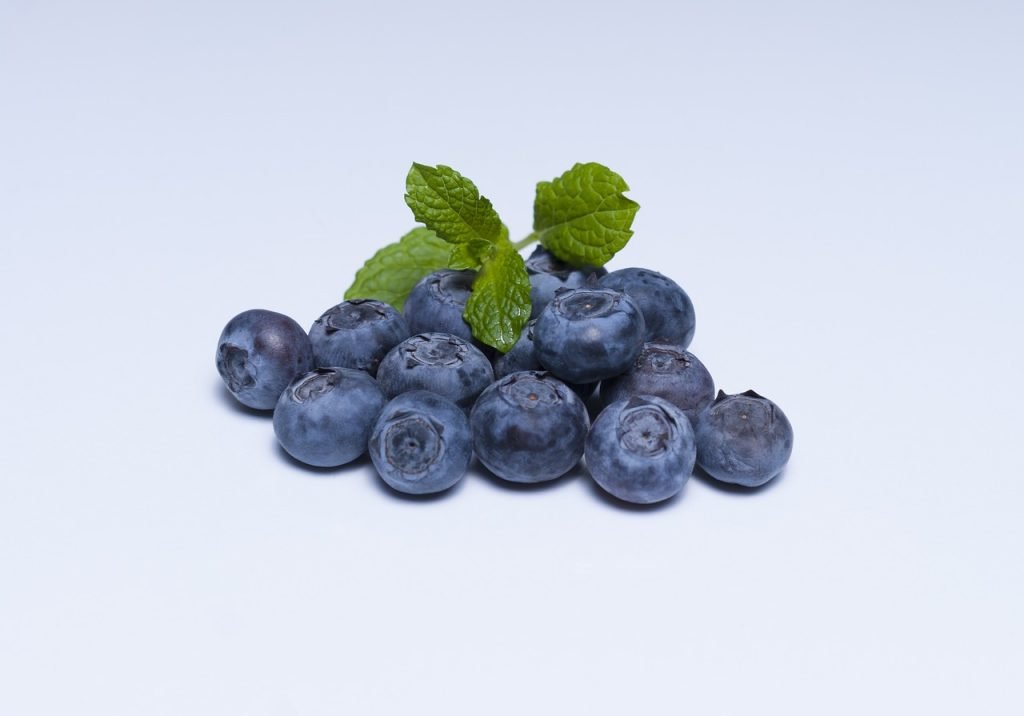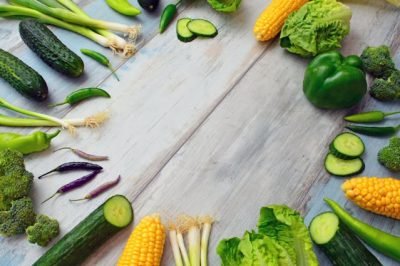What Nutrients Are Found In Super Green Foods?
You’re about to discover the incredible array of nutrients that lie within super green foods. From vitamins and minerals to antioxidants and enzymes, these powerful plants are packed with all the good stuff your body needs to thrive. Whether you’re looking to boost your energy levels, support your immune system, or simply nourish your body with optimal nutrition, super green foods have got you covered. So get ready to uncover the secrets of these nutrient-rich wonders and unlock a whole new level of health and vitality.
Macro Nutrients
Protein
Protein is an essential macronutrient that plays a crucial role in the body’s growth, repair, and maintenance. It is made up of amino acids, which are the building blocks of protein. Super green foods are an excellent source of plant-based protein, which is vital for those following a vegetarian or vegan diet. These protein-rich foods can help you meet your daily protein requirements and support muscle development and recovery.
Carbohydrates
Carbohydrates provide energy to fuel our bodies and are essential for proper brain function. Super green foods offer a great source of complex carbohydrates, such as those found in leafy greens and vegetables. These types of carbohydrates are digested slowly, providing a steady release of energy and preventing blood sugar spikes. Including super green foods in your diet can help you maintain stable energy levels throughout the day.
Fat
Healthy fats are important for various functions in the body, including hormone production, nutrient absorption, and brain health. Super green foods contain small amounts of beneficial fats, such as omega-3 fatty acids. These fats have anti-inflammatory properties and are essential for cardiovascular health. Incorporating super green foods into your diet can contribute to a well-balanced intake of healthy fats.
Vitamins
Vitamin A
Vitamin A is essential for maintaining healthy vision, supporting immune function, and promoting cell growth and development. Super green foods, particularly those with deep green pigments, are rich in beta-carotene, a precursor to vitamin A. Including these nutrient-dense foods in your diet ensures an adequate intake of vitamin A, which is crucial for overall health and well-being.
Vitamin C
Vitamin C is well-known for its immune-boosting properties and antioxidant effects. Super green foods, such as spinach and kale, are excellent sources of this vitamin. Vitamin C plays a vital role in collagen synthesis, wound healing, and iron absorption. Incorporating super green foods into your diet can help strengthen your immune system and promote healthy skin and tissue repair.
Vitamin K
Vitamin K is necessary for blood clotting and bone health. Super green foods, like broccoli and Brussels sprouts, are packed with this essential vitamin. Including these foods in your diet helps maintain optimal levels of vitamin K, ensuring proper blood coagulation and supporting bone mineralization.
Vitamin E
Vitamin E is a powerful antioxidant that helps protect cells from damage caused by free radicals. Super green foods, such as spinach and Swiss chard, are rich in this vitamin. Vitamin E plays a crucial role in maintaining healthy skin, supporting immune function, and protecting against oxidative stress. By including super green foods in your diet, you can increase your intake of this beneficial antioxidant.
Vitamin B Complex
The vitamin B complex consists of eight individual B vitamins that work together to support various bodily functions. Super green foods, including leafy greens and avocados, are excellent sources of B vitamins. These vitamins play a crucial role in energy production, brain function, and the formation of red blood cells. Incorporating super green foods into your diet helps ensure an adequate intake of the vitamin B complex, supporting overall health and vitality.

This image is property of pixabay.com.
Minerals
Calcium
Calcium is essential for strong bones and teeth, as well as proper muscle function and nerve transmission. Super green foods, such as kale and collard greens, are rich sources of calcium. Including these nutrient-dense foods in your diet can help meet your daily calcium requirements and support optimal bone health.
Iron
Iron is necessary for the production of hemoglobin, which carries oxygen throughout the body. Super green foods, like spinach and Swiss chard, are packed with iron. Including these foods in your diet helps prevent iron deficiency and supports healthy red blood cell production.
Potassium
Potassium is an electrolyte that plays a vital role in maintaining proper fluid balance, nerve function, and muscle contractions. Super green foods, such as bananas and avocados, are excellent sources of potassium. Including these foods in your diet helps maintain optimal potassium levels and supports heart health.
Magnesium
Magnesium is involved in over 300 biochemical reactions in the body, including energy production, muscle function, and protein synthesis. Super green foods, like spinach and Swiss chard, are rich sources of magnesium. Including these nutrient-dense foods in your diet helps ensure an adequate intake of magnesium, supporting overall health and well-being.
Zinc
Zinc is necessary for immune function, wound healing, and DNA synthesis. Super green foods, such as peas and broccoli, are good sources of zinc. Including these foods in your diet can help maintain optimal zinc levels and support a healthy immune system.
Fiber
Dietary Fiber
Dietary fiber is essential for maintaining a healthy digestive system and preventing constipation. Super green foods, such as Brussels sprouts and broccoli, are rich in dietary fiber. Including these fiber-rich foods in your diet can promote regularity and support gut health.
Soluble Fiber
Soluble fiber forms a gel-like substance in the digestive tract, which can help lower cholesterol levels and stabilize blood sugar levels. Super green foods, such as oats and barley, are excellent sources of soluble fiber. Incorporating these foods into your diet can aid in managing cholesterol and blood sugar levels.
Insoluble Fiber
Insoluble fiber adds bulk to the stool and promotes regular bowel movements. Super green foods, like leafy greens and whole grains, are rich in insoluble fiber. Including these foods in your diet can prevent constipation and maintain a healthy digestive system.

Antioxidants
Chlorophyll
Chlorophyll is a pigment that gives plants their green color and is known for its powerful antioxidant properties. Super green foods, including wheatgrass and spirulina, are rich sources of chlorophyll. Including these nutrient-dense foods in your diet can help neutralize free radicals, promote detoxification, and support overall health and vitality.
Beta-carotene
Beta-carotene is a provitamin A compound that acts as an antioxidant and is converted into vitamin A in the body. Super green foods, like carrots and sweet potatoes, are rich sources of beta-carotene. Including these foods in your diet can help protect cells from damage, support eye health, and boost immune function.
Phytochemicals
Phytochemicals are naturally occurring compounds found in plant foods that have various health benefits. Super green foods, such as broccoli and kale, contain a wide range of phytochemicals. These compounds are known for their anti-inflammatory and antioxidant effects, which can help protect against chronic diseases and promote overall well-being.
Enzymes and Digestive Enzymes
Protease
Protease is an enzyme that helps break down proteins into amino acids for digestion and absorption. Super green foods, like sprouts and microgreens, are rich sources of protease. Including these foods in your diet can support proper protein digestion and utilization.
Amylase
Amylase is an enzyme that aids in the breakdown of carbohydrates into simpler sugars for digestion. Super green foods, such as sprouted grains and legumes, are good sources of amylase. Incorporating these foods into your diet can assist in the digestion and absorption of carbohydrates.
Lipase
Lipase is an enzyme that helps break down fats into smaller molecules for digestion and absorption. Super green foods, like avocado and coconut, contain lipase. Including these foods in your diet can support proper fat digestion and utilization.
Cellulase
Cellulase is an enzyme that helps break down cellulose, a complex carbohydrate found in plant cell walls. Super green foods, such as leafy greens and cucumber, are rich sources of cellulase. Incorporating these foods into your diet can support the digestion and utilization of dietary fiber.
Bromelain
Bromelain is an enzyme found in pineapple that aids in the digestion of proteins. Including pineapple and other super green foods in your diet can provide you with bromelain, which can support optimal protein digestion and absorption.

Essential Fatty Acids
Omega-3 fatty acids
Omega-3 fatty acids are polyunsaturated fats that play a crucial role in brain function, heart health, and inflammation regulation. Super green foods, like chia seeds and flaxseeds, are rich sources of omega-3 fatty acids. Including these nutrient-dense foods in your diet can help support optimal brain function, cardiovascular health, and reduce inflammation in the body.
Omega-6 fatty acids
Omega-6 fatty acids are another essential fatty acid that supports overall health and well-being. Super green foods, such as hemp seeds and sunflower seeds, are good sources of omega-6 fatty acids. Including these foods in your diet can help maintain a healthy balance of omega-6 fatty acids, which is important for proper immune function and inflammation control.
Amino Acids
Essential Amino Acids
Essential amino acids are the building blocks of protein that our bodies cannot produce on their own. Super green foods, like quinoa and spinach, contain all nine essential amino acids, making them complete protein sources. Including these nutrient-dense foods in your diet can help meet your essential amino acid requirements and support optimal protein synthesis.
Non-essential Amino Acids
Non-essential amino acids are produced by our bodies and are also found in various foods. Super green foods, such as broccoli and Brussels sprouts, contain a range of non-essential amino acids. Including these foods in your diet can contribute to a well-rounded intake of amino acids, supporting protein synthesis and various bodily functions.
Chlorophyll
Magnesium
Chlorophyll, the green pigment found in plants, has structural similarities to hemoglobin in our blood and plays a vital role in plant photosynthesis. Super green foods, like spinach and kale, are rich sources of chlorophyll and its associated benefits. Including these nutrient-dense foods in your diet can provide you with magnesium, which is essential for many biochemical reactions in the body.
Structural similarities to hemoglobin in blood
Chlorophyll’s structural similarities to hemoglobin in our blood make it beneficial for promoting healthy blood flow and oxygen transport in the body. Super green foods, such as wheatgrass and spirulina, are loaded with chlorophyll. Including these foods in your diet can support optimal oxygenation of tissues and overall cardiovascular health.
Phytochemicals
Indole-3-Carbinol
Indole-3-carbinol is a phytochemical found in cruciferous vegetables like broccoli and cauliflower. It has been linked to a reduced risk of certain cancers, particularly breast and prostate cancer. Including super green foods in your diet can provide you with indole-3-carbinol, which may have powerful anti-cancer properties.
Quercetin
Quercetin is a flavonoid antioxidant that exhibits anti-inflammatory and immune-boosting effects. Super green foods, such as apples and onions, are rich sources of quercetin. Including these foods in your diet can help reduce inflammation, improve immune function, and protect against chronic diseases.
Curcumin
Curcumin is the active compound found in turmeric, a super green spice widely used in traditional medicine. It has potent anti-inflammatory and antioxidant properties. Incorporating turmeric and other super green foods into your diet can provide you with curcumin, which may help reduce inflammation, alleviate pain, and support overall well-being.
Super green foods are a fantastic addition to any diet due to their abundance of essential nutrients. From protein and carbohydrates to vitamins and minerals, these nutrient powerhouses offer an array of health benefits. By incorporating super green foods into your daily meals, you can support optimal health, promote energy levels, and nourish your body with the vital nutrients it needs to thrive. So, why not start adding some super green foods to your next meal and enjoy the countless benefits they have to offer? Your body will thank you!


